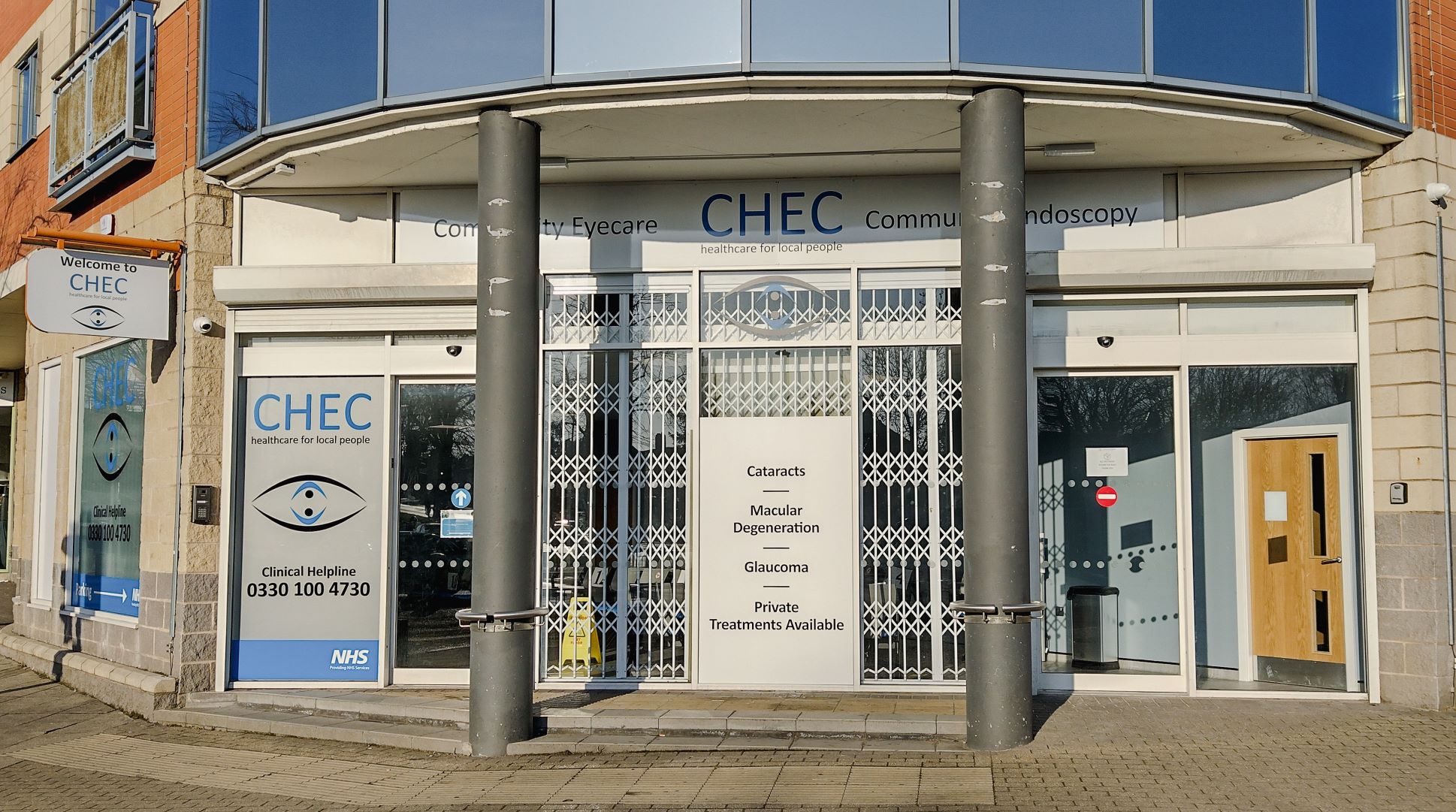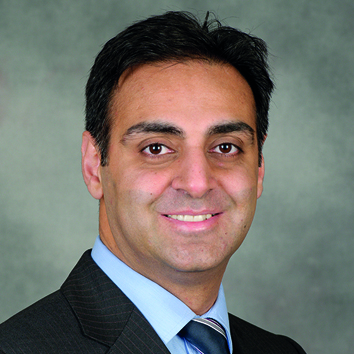Exploring CHEC’s expanding services from eye care to endoscopies

Imran Rahman is a consultant ophthalmologist and CEO of CHEC, a leading ophthalmology service in the UK that supports the NHS by providing high quality, patient-focused eye care. Following its rapid expansion across the country, CHEC has recently launched a new endoscopy service.
What was your motivation for starting CHEC?
I have worked in ophthalmology as a consultant for over 20 years and founded CHEC back in 2012 with the aim of providing patient-centric eye care that was accessible to everyone on a local level. I wanted to remove the barriers that people face when accessing healthcare.
Since then, CHEC has grown into one of the largest community-based ophthalmology services in the UK, with sites opened in Dorset, Newcastle-Gateshead and Northampton in the past few months.
What does CHEC do?
We provide a wide range of general ophthalmology services, including cataracts, age-related macular degeneration (AMD) and YAG laser. We have recently launched endoscopy services to increase our provision of community healthcare.
“Redesigning service provision on a hyper-local level is a key strategy for reducing national healthcare backlogs.”
It’s clear that eye care is not the only sector in the NHS that has been burdened with excessive backlogs since the pandemic; the number of endoscopies conducted has dropped by 90 per cent.1 Therefore, the launch of this service, starting in Nottinghamshire, comes at a critical time. The addition of this service will aid in reducing the backlog of over 2 million NHS patients waiting for vital cancer screenings, treatments or testing.
Following the successful endoscopy launch in Nottinghamshire, we have plans to expand this service to other locations later in the year.
What makes CHEC different?
What sets CHEC apart from other providers is that we are not just a trusted, high-quality one-stop-shop when it comes to eye care, but we are also committed to becoming a local provider for wider health-related services, as the launch of our endoscopy service demonstrates.
“CHEC’s tailored services… mean that healthcare can be accessed by patients who may otherwise struggle to attend their appointments.”

This service will help to remove much of the hassle that patients experience elsewhere, as they are often sent all over the country, to a range of providers, for different treatments.
CHEC stands out because we take care of our patients from the initial consultation right through to the end of treatment, and any subsequent aftercare. As part of our patient-centric care, we also have a ‘Home to Hospital™’ service that offers patients transportation to and from appointments and surgery. This is essential for improving access to services.
With a recent study finding that ethnic minorities were more likely to report poor experiences at their GP surgery, it is crucial to accommodate all patients to ensure they have equitable access to healthcare.3
CHEC’s tailored services, such as ‘Home to Hospital™’ and our translation technology, mean that healthcare can be accessed by patients who may otherwise struggle to attend their appointments for a variety of reasons, including being unable to drive, disabilities, or language barriers.
How does CHEC support the NHS?
CHEC works in partnership with the NHS, offering a collaborative service that helps patients and overworked staff in local communities.
“The more patients we see, the more we can support the NHS.”
We also raise awareness of the NHS Patient Choice Framework that allows patients more choice in their healthcare. If patients are unaware of this Framework, they are often referred within the NHS, which puts more pressure on staff and increases overall waiting times.
As a forward-thinking and innovative business, we are always looking for ways to utilise technology to keep our services as efficient as possible – the more patients we see, the more we can support the NHS.
Our recently launched patient booking app is an example of this. The app allows patients to book and amend appointments on-the-go, ensuring treatment is at the most convenient time for them. This aids in reducing cancellations or missed appointments, which increases the efficiency of our clinics and ensures patients receive treatment as soon as possible.
Why do you think the shared partnership model is so successful?
To preserve the long-term health of the NHS, we must embrace a shared-care partnership approach and promote community-based care models.
In fact, it has been suggested that the NHS’s recovery since the pandemic has been slower than in other European nations due to a lack of this type of local care. For example, both Finland and the Netherlands have well-supported community-based health services and their care activities have been restored to pre-pandemic levels.4
Redesigning service provision on a hyper-local level is a key strategy for reducing national healthcare backlogs.
3 https://www.manchester.ac.uk/discover/news/study-reveals-huge-ethnic-minority-health-inequalities/
